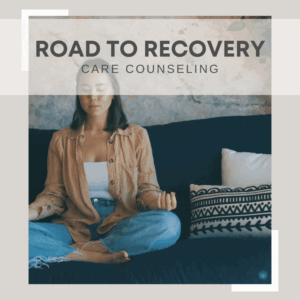 There are different paths to recovery.
There are different paths to recovery.
Imagine your journey towards wellness and sobriety.
Taking the first steps and finding a recovery path that works for you is the goal.
Whatever path you choose to take is up to you. The path may not be easy. In fact, you are likely to stumble and fall. However, there are people ready to join and support you every step of the way. It is possible to discover joy, especially as you continue to progress down the path of recovery.
Traditionally, abstinence-based models have been popular in the recovery community.
Alcoholics Anonymous (AA) is one of the most well-known abstinence-based approaches. The “Big-Book” is the basic text for Alcoholics Anonymous. Twelve-steps and-twelve-traditions explain the 24 basic principles. For example, in Step One “We admitted we were powerless over alcohol—that our lives had become unmanageable.” Step Two talks about putting your faith in a power greater than yourself. The spiritual aspects have helped many overcome alcoholism; however, some individuals do not feel comfortable with spiritual components such as prayer, may not feel comfortable with some of the language that is used, or may not be seeking an abstinence-based model.
Harm-reduction-in-addiction-recovery is an alternate approach to abstinence-based recovery. A harm-reduction approach is focused on utilizing strategies that help reduce the negative consequences of substance use.
Some approaches are adapted from the 12-Step Model or take a more holistic approach.
There are a wide variety of recovery supports that are currently available. SMART Recovery, or Self-Management and Recovery Training is an approach that “was created for people seeking a self-empowering way to overcome addictive problems”. This is known as a more science-based approach that may be more appealing to some individuals who do not feel connected to a higher power or religion.
Medication-assisted-treatment incorporates the use of medications, often in combination with counseling to help treat substance use disorders.
Yoga pathways such as Yoga of Recovery retreats are an alternative holistic approach that integrates 12-Steps with yoga.
As with all treatment modalities, there are pros and cons to each approach. Taking the first step to access supports is key as well as not going on the journey alone.
A final thought: Respect the journey towards recovery that your peers, friends, and family members have chosen, since there are many different paths to recovery.
Let’s work together to help reduce the stigma and shame that can come with recovery, to create spaces that are welcoming and free from discrimination.
Resources:
Alcoholics Anonymous:
Minnesota Recovery:
https://minnesotarecovery.org/
https://minnesotarecovery.org/all-recovery-meetings/
SMART Recovery
https://www.smartrecovery.org/about-us/
Written By : Charlotte Johnson, MA, LPCC
We’re Here to help
Our wellness experts will be happy to take care of you. You can CLICK HERE to schedule an appointment now or call (612)223-8898.
Meet Clinicians
We’re united by our commitment to providing effective, relevant, and innovative mental health support at all stages of your journey. Click Here to find out more about who we are, where we come from, and how we live out CARE’s mission every day.
The professionals at CARE are actively collecting and creating resources to help with what you need. We’re Here for You.



